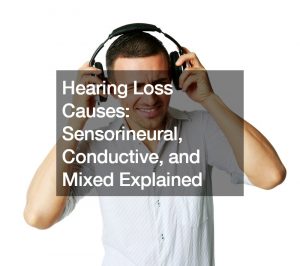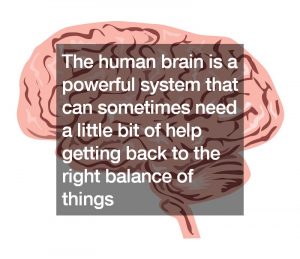Before proceeding with disorders, it is essential to identify how the endocrine glands work. These glands perform a crucial function in our bodies: growth, metabolism, development, sexual function, and many more. There are eight major endocrine glands in the body. Most of the time, one gland works in coordination with another and relies on one another. Endocrine glands secrete hormones that influence the functioning of various organs and other glands.
When endocrine glands fail to secrete the desired hormones, problems arise, and impairments come to the fore. You can quickly identify if you have any such hormonal disorders. They mostly translate into fatigue, weakness, mood swings, high cholesterol levels, and weight changes. High and low secretions of hormones often give rise to disorders. Read about some of the most common endocrine gland disorders and find the right treatment for each condition.
Polycystic Ovary Syndrome
The primary function of the ovaries is the production of eggs for reproduction. However, hormonal issues give rise to many problems, like missed menstrual cycles and abnormal growth of hair. Women who suffer from PCOS have abnormal male hormones in their bodies. This poses various problems in reproductive health and menstrual cycles. Additionally, particular male features also come to the fore. Such women can suffer from Hirsutism or even baldness.
The lack of proper signals from the controlling pituitary gland leads to lower levels of progesterone and higher levels of androgens. Causes are varied, from genetic to insulin resistance. Sometimes, such women also have inflammation in their bodies. Diagnosis can reveal cysts in the ovaries that also point toward the condition. Doctors often prescribe medications to increase progesterone and estrogen, the female hormones. Your physician might require surgery in severe cases.
Food Disease
Hormones inside the body affect several bodily functions, and your food intake behavior is one of them. There are different hormones like ghrelin, cholecystokinin, and leptin that affect such functions. These hormones often give a feeling of hunger, satiety, and binge eating. You will see the signs and symptoms through diseases like anorexia and bulimia, to name a few. Take leptin, for instance. It is produced by the fat cells. Extreme weight loss often leads to a reduced amount of the same and increases appetite. Although such people do not eat much for fear of weight, they have cravings.
Anorexic people have a lot of control over their bodies and abstain from food altogether. However, bulimia nervosa is a disease that arises with individuals taking the food and purging forcefully. It becomes like an obsession, wherein the individual suffers from mental depression. Looking aesthetically pleasing is associated as one of the main reasons behind this tendency. Thankfully, you can reverse such conditions with an eating disorder treatment.
Food disease takes a toll on all aspects of an individual’s life. Moreover, the pathway includes targeted treatment and lifestyle modification approaches. Qualified doctors and specialists can diagnose the issue and suggest appropriate measures like psychotherapy. Healthcare service providers also administer anti-depressants. In severe cases, you will need hospitalizations.
Hypothyroidism
Underactive thyroid functioning can lead to Hypothyroidism. The glands produce a smaller number of hormones in such cases. Thus, you will often see symptoms such as weight loss, constipation, dry skin, and fatigue, as symptoms. The Thyroid-stimulating hormone levels are deficient in Hypothyroidism. This disease affects women more than men.
Additionally, it is more common in people above sixty years old. It affects at least a few million in the Americas, as do other parts. The signs and symptoms vary from person to person. The most common ones are fatigue, weight gain, constipation, depression, a feeling of cold, and high cholesterol levels.
You may also suffer from muscular weakness and pain. There are various causes behind this. An auto-immune condition called Hashimoto’s may also cause it. In this, the body’s immune system malfunctions and often attacks the thyroid. Thyroid inflammation takes place. It can be genetic and caused due to iodine deficiency. Radiation therapy and medications are the primary treatment modalities. In some instances, you may have to get the Thyroid gland removed. In that case, you have to take medicines for your entire life.
Hypopituitarism
This condition points toward the short supply of pituitary hormones. Its main effects often manifest in the ovaries and testes. It is also called a master gland. The short supply of the hormones often leads to the malfunctioning of other endocrine glands. It also translates into weakness, fatigue, and lack of ambition. The condition also leads to Luteinizing hormone and Follicle-stimulating hormone malfunction.
Women suffering from hypopituitarism often experience hot flushes and irregular menstrual cycles due to the same. It also causes growth hormone deficiency. Inflammation, tumors, and brain diseases are often behind it. Doctors will often suggest medication to control the situation. Growth hormone replacement is also suggested.
These are a few disorders that affect the endocrine glands. You can easily identify the same through the symptoms and get treated accordingly.




